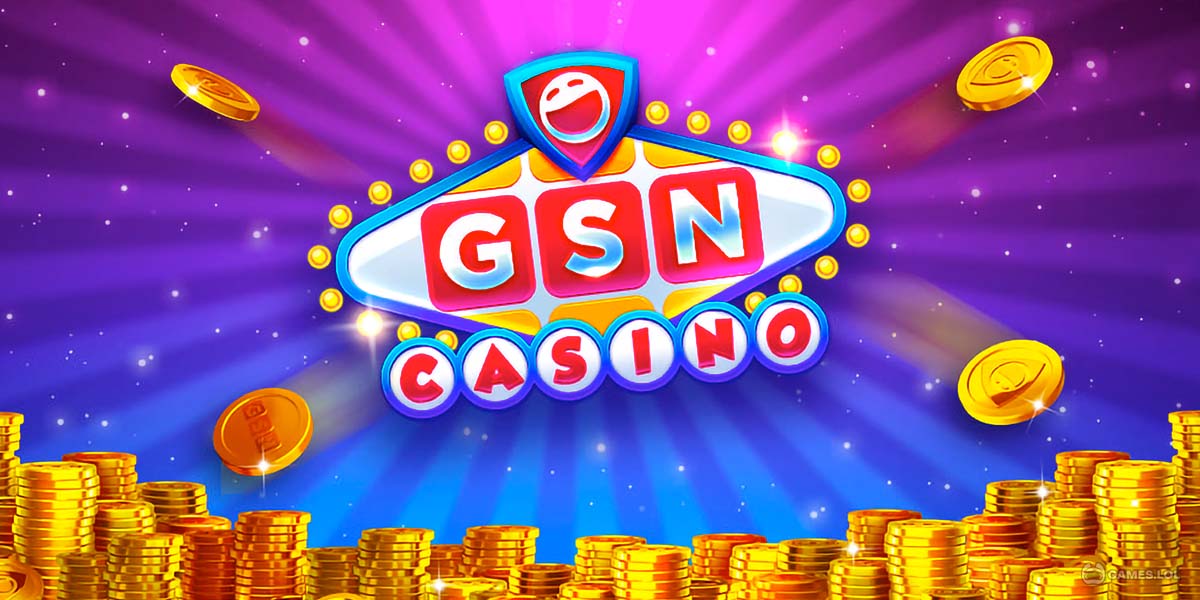
In the world of gambling, in which chance and strategy meet, a unique tapestry of beliefs unfolds—one that braids luck, fate, and the enigmatic nature of casino games. Casinos, bustling with excitement and anticipation, are not just venues for placing bets; they are also arenas in which superstitions thrive. Ranging from the novice player to the seasoned gambler, these mysterious practices often shape how individuals approach the games they play, believing that their actions can influence the outcome in ways that go beyond mere probability.
When players gather around roulette wheels, blackjack tables, and slot machines, the atmosphere is thick with stories of lucky charms, rituals, and codified behavior that defy logic yet provide a sense of comfort. Whether it’s wearing a specific outfit, following a particular sequence of bets, or even avoiding certain numbers, the attachment to various superstitions reflects a deep-rooted desire to master the uncontrollable. This article delves into the captivating world of casino game superstitions, examining the beliefs that both entertain and mystify those who dare to play.
Historical Roots of Superstitions
Casino games have long been entwined with an host of superstitions that can be traced to primitive cultures. The origins of these beliefs can be connected to humanity’s fundamental need to manage the unpredictable outcomes associated with luck and randomness. In early civilizations, activities of chance were often tied to spiritual practices. Gamblers would call upon aid or ask for favor from deities, believing that their actions could affect the odds in their benefit. This foundation laid the groundwork for the variety of superstitions that proliferated as gambling evolved over centuries.
During the medieval age, gambling became a common activity across European nations, and with it, a diverse tapestry of superstitions appeared. Participants adopted different rituals and charms, believing they could influence the results of games. The significance of digits, in particular, emerged to show in superstitions pertaining to card games and dice. The number seven was often considered favorable, while various numbers carried negative connotations. These notions mirrored the societal contexts of the time, evolving as they moved through generations and changed to emerging gaming environments.
As casinos emerged in the 17th century, particularly in the Italian peninsula and the French nation, the atmosphere surrounding gambling became imbued in mystique. The growing openness of gambling activities allowed for the spread and diversification of superstitions among players. Concepts like lucky charms, designated seating arrangements, and rituals gained importance, creating a unique culture within casinos. As these customs continued to thrive, they became essential to the essence of gambling activities, illustrating how history and culture shape the belief systems that influence how participants interact with luck.
Common Gambling Superstitions
Superstitions surrounding casino games are abundant and varied, mirroring the dreams and fears of gamblers as they engage in random games. One of the most common views is that certain numbers bring fortune or misfortune. For example, the number 7 is often seen as a favorable number, frequently embraced by players looking for a positive outcome. Conversely, the number 13 is routinely considered unlucky, leading many gamblers to avoid it during their gaming periods.
A common superstition relates to practices that gamblers believe can affect their chances. Whether blowing on the dice before a roll, using a specific hand to place a bet, or even putting on particular items of attire, many individuals feel that these actions can tilt luck in their benefit. These practices offer a sense of control in an otherwise unpredictable environment, reinforcing the idea that luck can be created through personal beliefs and customs.
Finally, the ambiance and vibe of the gambling house itself adds to myths. Many gamblers suggest that the presence of specific icons, such as four-leaf clovers or fortunate tokens, can enhance their odds of winning. Additionally, players might adhere to the notion that victory streaks can be halted by mundane events, such as someone passing by or a accident at the table. The collective atmosphere in a casino can amplify these superstitions, creating a communal culture of myths that goes beyond individual encounters.
Impact of Superstitions on Players
Beliefs play a important role in the psychology of gamblers, often affecting their actions and choices. Many gamblers believe that fortune can be influenced through different rituals, such as wearing a lucky charm, choosing particular hues, or avoiding certain numbers. This reliance on superstitions can create a feeling of control in an environment that is inherently unpredictable. Players frequently feel more self-assured and engaged when they believe that their actions could sway the outcome of a game in their advantage.
The impact of these superstitions extends beyond singular players, affecting the overall atmosphere within the casino. For instance, a player who holds the belief in the luck of a certain slot machine might draw a gathering, as onlookers are intrigued by their apparent success. This collective belief can amplify excitement and create a lively environment, leading to an interesting experience even for those who may not necessarily be believers themselves. The buzz around certain games can lead to higher participation and extended playing sessions, supporting the casino’s lively social scene.
In some instances, superstitions can lead to negative effects for players. Relying too heavily on rituals can result in bad gambling decisions, as some may overlook basic strategies in favor of baseless beliefs. Additionally, the pressure to perform rituals may increase anxiety and tension, detracting from the enjoyment of the experience. sa88 Ultimately, while superstitions can enhance the excitement of playing casino games, they can also lead to foolish choices that overshadow the enjoyment and entertainment intended in the casino experience.
